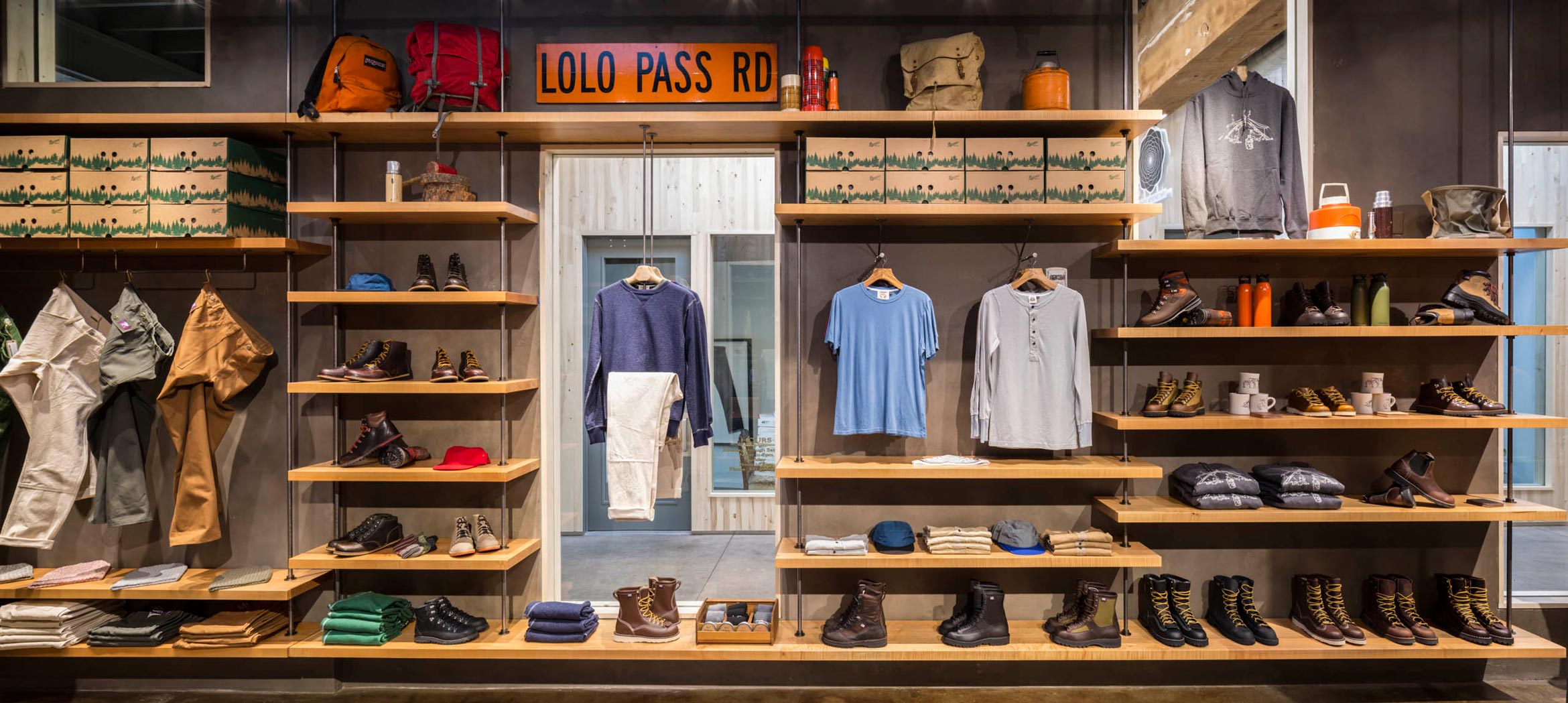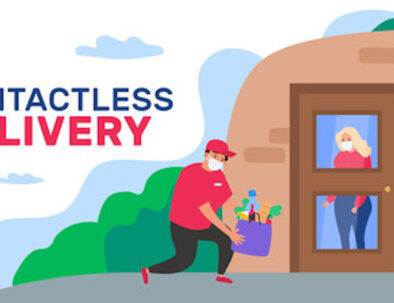We get in touch with a lot of brands, many of which still to this day are very much so focused on their mass channel because it is easy to do. But easy isn’t always defensible and can lead to complacency. The mass channel can also distract brands from their higher margin specialty retail customers opening up the door to competitors. Here are six reasons why focusing on your specialty retail channel instead of mass makes sense this year.
Culture, Community, and Experiences Required to Remain Relevant
Consumers are not buying as many products, but consumers are buying experiences. To increase product sales, brands need to turn the shopping journey into an experience and a product purchase is the souvenir if you will to sell more product and create brand loyalty/stories that can be shared. Brands and their retailers need to also create community amongst their shared consumers to build brand loyalty through personal connection. Even more so in the digital era, consumers want a sense of belonging and to connect with those who share their passion in person. This is another aspect in which the mass channel will be unable to execute as their stores are full of associates where consumers most often know more about product than they do, and are incapable of dazzling consumers. See The Loop Running Supply Co and how they defy the supposed “retail apocalypse”.
Specialty Retailers Don’t Have Volume to Private Label
The mass channel is also more likely to implement a private label program, whereas specialty will never be able to pull it off. Private labels used to just be for lower-income shoppers, this year more than half of households with incomes over $100K anticipate buying more PL products. This indicates PLs are being bought by everyone and select categories are being commoditized with the only consumer loyalty going to the lowest priced product, otherwise known as no loyalty at all. Mass retailers are expected in droves to bring up more exclusive PL products this year, case in point Amazon launched 41 private labels last year alone and other retailers are expected to follow suit given their success.
Specialty Retailers Located Near Consumers
The mass channel is setup to fail as they are so in debt, overstored, and consumers actually buying products aren’t located near their stores. Millennials have urbanized into metropolitan cities and the mass channel has mostly been set up to cater to baby boomers and how they like to shop. But they don’t need as many things any more. Consumers are more likely to be located closer to Main Street and be engaged with a specialty independent retailer which are poised to lead the retail renaissance.
More Margin at Specialty Retail & Less Risk
The mass channel specializes in negotiating rock bottom pricing from vendors in anticipation of volume. But those volumes aren’t necessarily growing these days and the number of storefronts are shrinking. Specialty retail has much higher margins and there are more tools to automate the relationship and buying cycles to make working with independents more rewarding. If you lose a mass retail customer after alienating your independent retail base it is awfully difficult to come back. Spreading all your eggs into a small amount of baskets is not great for business. The independent channel if strong and healthy gives you great leverage in negotiations with larger National accounts or Amazon for that matter.
Stomp Out New Entrants
Where are new entrants most likely to creep up and get noticed? It surely isn’t the mass channel. It’s at specialty independent retail. The only channels new brands have available to them are direct (which isn’t scalable), Amazon (which they are going to copy with their own private label, see Amazon or Authentic) and specialty independents. If you can lock the independent channel relationships down you can make your shelf/floor space impenetrable to competitors. Independent retail also attracts higher end cross-channel consumers who shop both online and in-store as they shop for quality which cannot often be conveyed online only. As a result these consumers spend more money on purchases. Doesn’t this sound like a customer you would want?
Cool Factor of Being Located in Independents
There is something to be said about brands that maintain their craft status by working with boutique retail. Brands that move into mass retail inevitably provide poorer customer experience to the end consumer and are seen as sell outs and watered down product to appeal to more general consumers. Perhaps it is being curated by a local expert with limited display space as independent retailers seek out best products for consumers.
There you have it, 6 reasons why this year specialty retail should be your focus. If interested in learning about tools to automate your sales force and how to work closer with your specialty retail channel, let’s connect!





